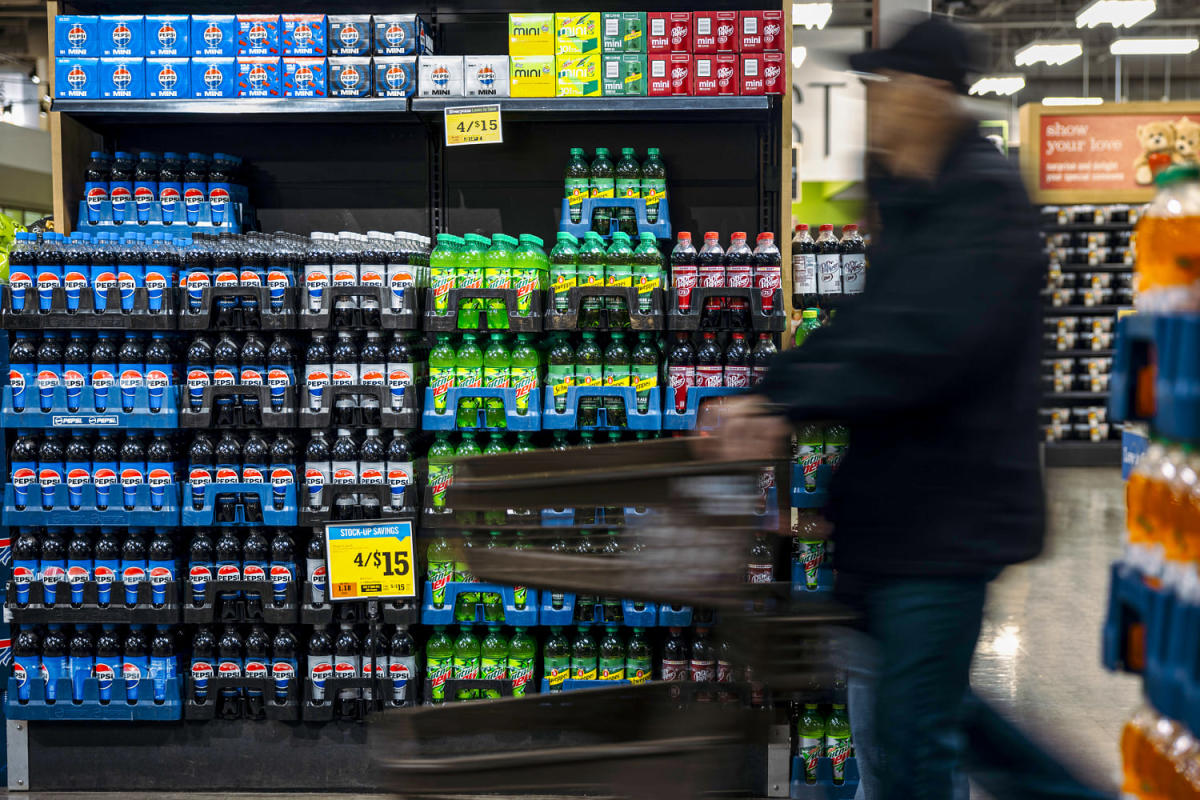Pepsi and Delta: Consumers are looking for added value

According to two highly followed US companies, consumer spending is rapidly coming to a halt after the pandemic – further evidence that the US economy is likely heading for a period of slower economic growth.
Both Pepsi and Delta Air Lines issued cautious financial forecasts when they announced their quarterly results on Thursday, citing the same reason: customers are now more price-conscious after years of struggling with rising costs.
“The impact of persistent inflationary pressures and higher borrowing costs in recent years has worsened household financial conditions,” Pepsi said in a statement on Thursday.
The result, according to the company, is that consumers’ price sensitivity has increased across the entire product range.
Delta CEO Ed Bastian echoed this sentiment, explaining his company’s weaker outlook for the remainder of the year.
“You can see the impact of this quarter’s discounts on the domestic market,” he told CNBC airline reporter Leslie Josephs.
In other words, Delta customers are increasingly refusing to pay top dollar for flights.
Shares of both companies fell in early trading Thursday. A third consumer-focused company, Conagra Brands, the parent company of Slim Jim, also reported lower earnings Thursday, and CEO Sean Connolly also said customers are becoming more cost-conscious as they “adapt and set new benchmark prices.”
The apparent economy-wide bargain hunting was also reflected in the latest official inflation data on Thursday, which showed that the monthly consumer price index fell significantly for the first time since the pandemic.
Although the change in the 12-month index was above the US Federal Reserve’s 2% target, it cooled to 3%, more than analysts had expected.
Thursday’s corporate announcements begin several weeks of business updates from other major consumer goods companies.
Even though consumers are spending more again, there are no signs of a recession yet, according to economic forecasters. While the labor market has begun to weaken, wage growth remains solid – it even exceeds the rate of inflation, but wage increases are not excessive.
“The labor market is normalizing, there is no weakness that could trigger recession concerns,” Josh Jamner, investment strategy analyst at financial group ClearBridge Investments, wrote in a note to clients. He added that jobless claims data showed that “there is currently no cycle of layoffs building that could lead to a recession.”
The goal, according to economists, is “disinflation,” a situation in which the economy progresses more slowly without slipping into recession. That would mean slower price growth without a full-blown recession.
Gregory Daco, chief economist at EY (formerly Ernst & Young), believes this scenario is currently playing out.
“Weaker consumer spending growth due to increased price sensitivity, reduced markups, moderate wage growth and declining rent inflation will continue to provide a healthy disinflationary impulse,” Daco wrote in a note to clients on Thursday.



